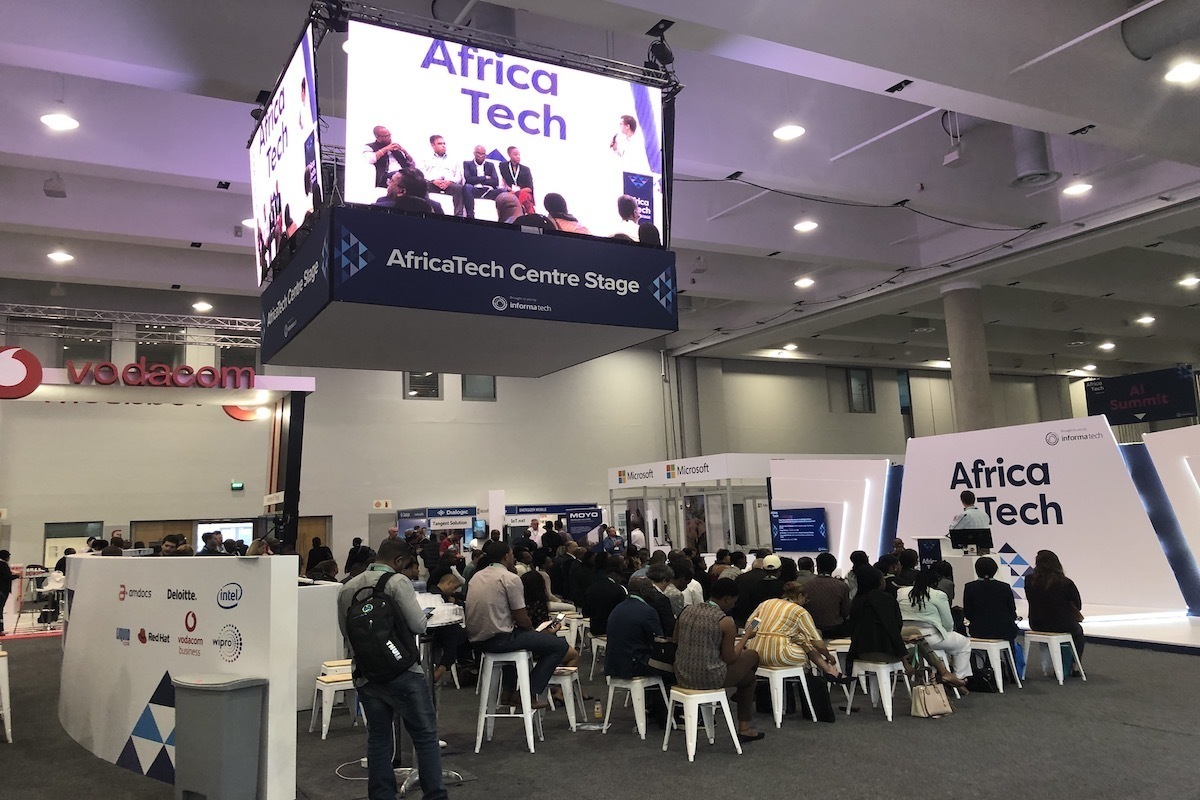
Kate Krukiel of UN Digital Solutions Centre explores how emerging tech is addressing business and societal challenges in my latest CIO Online interview.
Read the full feature here:
https://bit.ly/3cAEkVn
Excerpt:
As general manager of the UN Digital Solutions Centre (DSC) and managing director of Kenya-based Sera Afrika — a consultancy devoted to sustainable economic growth in business and society — Kate Krukiel has firsthand experience in how emerging technology is transforming the enterprise and its relationship with society at large. At the UN, she works to address operational challenges facing the UN High Commissioner for Refugees (UNHCR) and the World Food Programme (WFP). Prior to her current roles, she was UN global technology strategist and the director of strategic partnerships for Microsoft. She has worked in the Middle East and Africa, focusing on private and public sector partnerships with the goal of breaking down political, social, and language barriers in creating lasting technological change in emerging markets.
In this Q&A, Kate shares her insights on applications of key emerging technologies including AI, robotic process automation (RPA), and blockchain — technologies expected to drive what has been called the “fourth industrial revolution” (4IR), a tech-fueled, fundamental transformation in industrial processes and a jump in productivity.
What 4IR technologies have been tested or successfully implemented by the UN Digital Solutions Centre and what problems are they solving?
United Nations organisations utilise a Joint Sanctions Checklist to ensure that sanctioned entities are not qualified for UN procurement processes. Updates to the list are cumbersome, prone to error and, while a joint list, updated by each agency. It’s a perfect use case for the newly formed UN DSC, with its mandate to offer cost-efficient, innovative technology as shared services across the UN family. Joint Sanctions list checking is a core operational business process that can readily be optimised using robotic process automation (RPA).
This was the first pilot to test collaboration and scaling-up of a solution across two organisations that greatly reduces costs, time and manual work. The bot screens parties with whom the organisations have a commercial relationship, funded partnership or other financial relationship including staff, consultants, contractors or any other cash recipients.
The UN DSC is a pilot partnership between UNHCR and WFP, and supported by ICC (the UN’s International Computing Centre). The DSC aims to use cutting-edge technologies to address common operational challenges faced by both agencies and, hopefully the wider UN.
Read the rest: https://bit.ly/3cAEkVn
Copyright 2020 IDG Communications, Inc.
Source
Copying/Pasting full or partial texts with adding very little original content is frowned upon by the community. Repeated copy/paste posts could be considered spam. Spam is discouraged by the community and may result in the account being Blacklisted.
If you believe this comment is in error, please contact us in #appeals in Discord.
Hi! I am a robot. I just upvoted you! I found similar content that readers might be interested in:
https://www.cio.com/article/3537610/qanda-how-ai-rpa-and-blockchain-can-drive-change-in-emerging-markets.html